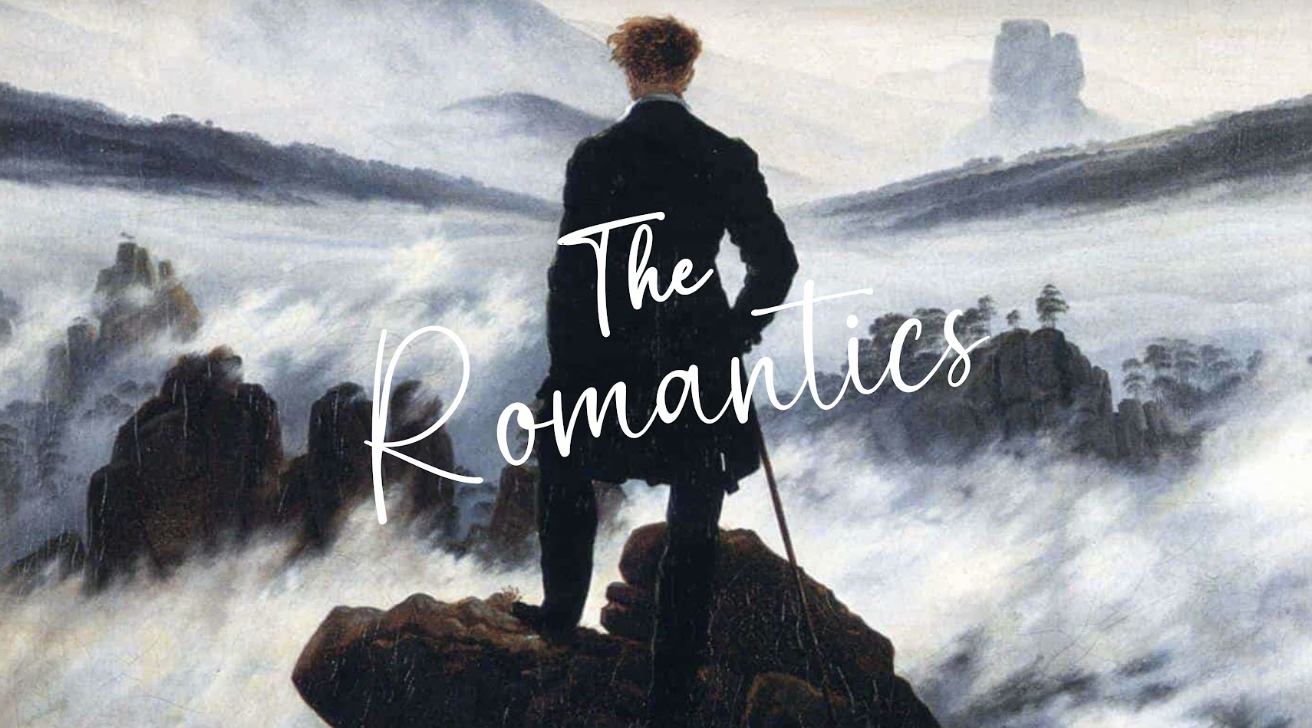From Blake to Byron, the Romantic poets transformed the English imagination and shaped the way we see the world.
The word ‘revolutionary’ is over-used, but the group of poets we now call the Romantics evolved in revolutionary times. Writing in response to the American, French, and Industrial Revolutions, their verse was itself revolutionary, celebrating subjectivity, spontaneity, the imagination, and freedom from tyranny.
A scholar, critic and the award-winning biographer of Dorothy Wordsworth and Thomas De Quincey, Frances Wilson is an authority on the Romantic circle. In this six-part online course, she will guide us through their lives and works, exploring what these remarkable figures still have to tell us.
Week 1: William Blake
Tyger Tyger, burning bright,
In the forests of the night;
What immortal hand or eye,
Could frame thy fearful symmetry?
Poet, artist, engraver, and prophet, as a child he saw God’s face in the window and angels in a tree in Peckham Rye, and as an adult he was considered a mad man. Today Blake is recognised as one of the Great Englishmen but what did he mean by the ‘infernal method’, and what was the relation between his poetry and the art of engraving?
Week 2: William Wordsworth and Samuel Taylor Coleridge
Weave a circle round him thrice,
And close your eyes with holy dread,
For he on honey-dew hath fed
And drunk the milk of Paradise.
Lyrical Ballads is the most important poetical manifesto in the language, but its publication in 1798 was seen as was radically subversive. Wordsworth and Coleridge wrote not about classical subjects or romantic love, but mental illness, poverty, widowhood. Their friendship, however, ended in acrimony and Coleridge believed that Wordsworth’s phenomenal power had destroyed him as a poet.
Week 3: Dorothy Wordsworth
At once the clouds seemed to cleave asunder, and left her in the centre of a black-blue vault. She sailed along, followed by multitudes of stars, small, and bright, and sharp.
Wordsworth’s sister and muse, Dorothy represented Romantic sensibility and her journals fed her brother’s inspiration. It was Dorothy who recorded seeing the daffodils which became the subject of Wordsworth’s most famous poem, and served as her brother’s amanuensis, writing down the verses he muttered as they rambled around the Lake District. What was her role in Wordworth’s imagination, and can her journal of their shared life be seen as an example of Romantic writing?
Week 4: John Keats
Beauty is truth, truth beauty,—that is all
Ye know on earth, and all ye need to know.
Now recognised as the greatest lyric poet in the language, Keats – who died aged 25 – was seen by his contemporaries as a ‘vulgar poetaster’. He trained as a doctor, but believed that the greatest balm to human pain was poetry. Focusing on the great odes, this session will explore what Keats meant by Negative Capability.
Week 5: Percy Bysshe Shelley
My name is Ozymandias, King of Kings;
Look on my Works, ye Mighty, and despair!
In his restlessness, idealism, rebellion, aestheism, and belief in free love, Shelley exemplifies the spirit of English Romanticism. Following his death, aged 29, he was idealised as an ‘angel’, thus eliding the radical fervour of his poetry. This class will look not only at his greatest lyrics, but also the part he played in the construction of his wife’s first novel, Frankenstein.
Week 6: Lord Byron
The great art of life is sensation, to feel that we exist, even in pain.
Byron’s personal flamboyance means that he is more famous now for his petulant pose than this poetry. The only Romantic to be celebrated in his lifetime, Byron was seen, for his readers, as indistinguishable from the heroes he wrote about in poems such as Child Harold’s Pilgrimage and Manfred. Why did he rise so spectacularly, and what was the reason for his dramatic fall from grace?






